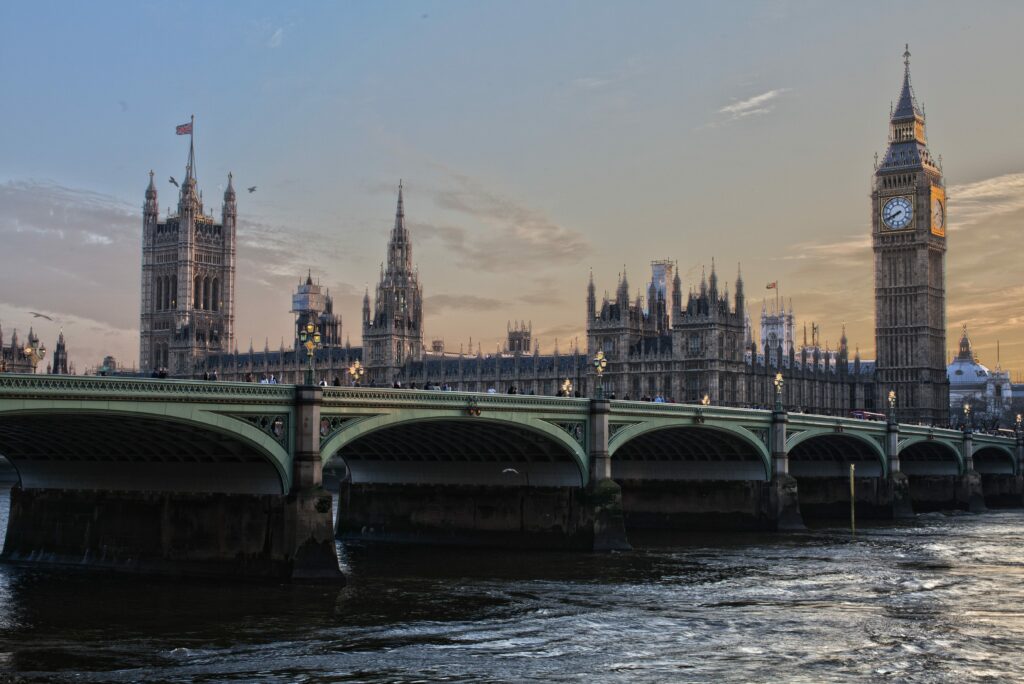110 UK academics have signed a letter to energy security secretary, Grant Shapps, calling for the UK to join key allies such as Germany, the Netherlands and France, in withdrawing from the Energy Charter Treaty (ETC).
The ETC was signed in 1994, coming into effect in April 1998. It provides a multilateral energy framework for participating countries, designed to promote energy security by creating more open international energy markets.
Created almost 30 years ago, the letter emphasises that the context surrounding today’s energy market has “changed significantly” since the ETC’s inception and that it now risks inhibiting the decarbonisation of the UK’s energy.
This is partly due to treaty policies benefitting fossil fuels by providing higher compensation than domestic courts. The ETC also allows cases in which compensation is awarded to investors – including fossil fuels – for the loss of hypothetical future profits.
Furthermore, the letter references evidence of countries showing reluctance to introduce new legislation in weariness of challenges in claims under ECT.
In June last year, two years of negotiations concluded for the agreement to modernise the terms of the ETC. These modernisation proposals, the letter warns extends the protection of foreign investment in all fossil fuels and gas under the ECT’s investor-to-state dispute settlement (ISDS) mechanism until 2033 and 2945 respectively. This will allow investors to “continue to use the treaty to challenge the phase out of fossil fuels”.
In concurrence with IPCC’s 2022 report, the signatories – which include academics from the universities of Cambridge, Oxford and Manchester – claim that the ETC “does nothing to help the UK achieve increased energy security.”
The conclusion of COP27 and the proposed ECT modernisation meeting in early April, the letter concludes, makes this a “key moment for the UK to withdraw”.






